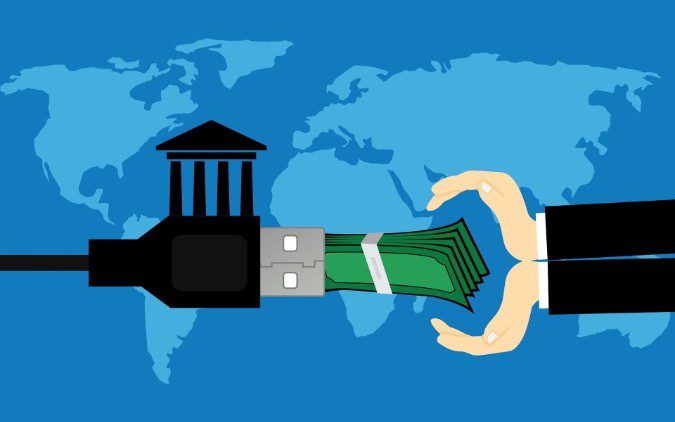As It Turns Out, African Markets May Really Need “A PayPal”

The last time there was a ridiculously fast million-dollar pre-seed round in African tech, it was a Kenyan foodtech startup in the spotlight. Kune, as it were, raised USD 1 Mn in pre-seed, an unlikely sum to be raised outside the continent’s fintech ecosystem and quite the VC achievement for a venture that was barely 6 months old.
But, more recently, there has been an undeniably familiar business model doing the same of stirring the right kind of market-oriented questions.
Yesterday, a Nigerian-founded fintech startup known as Payday announced that it has secured USD 1 Mn in pre-seed. Such cash sizes are well within the reach of fintechs on the homefront, but what the startup sets out to build seems to, once again, beg many considerations.
Payday, which was founded in May 2021 (that’s around 4 months ago) and beta-launched a month after, says it is building the “PayPal for Africa”. Such kind of brand billing isn’t new to the ecosystem, as there have indeed been cases of building “Stripe for Africa”, “Plaid for Africa”, “Fast for Africa” and even “Flexport for Africa”.
Nevertheless, the “PayPal for Africa” narrative comes right on top of many conversations about PayPal’s seemingly long-standing reservations towards the region’s payments markets. No different from how other services like Spotify and Apple Music were inoperational in Africa until recent expansions.
According to Payday, when the service was launched in June 2021, it recorded no less than USD 1.4 Mn in total processed transaction volume in three weeks. That comes from a pool of just over 5,000 customers, most of which were brought on the platform by oral referrals.
The fintech majors in the facilitation of the sending and reception of money from Africa to elsewhere, with an emphasis on bridging the prevalent financial gap between local and foreign clientele. With the Payday app, customers can be issued electronic MasterCards and pay tuition anywhere in the continent, United Kingdom, United States and Canada.
On the VC side, Payday has come out with quite the selection of African and Africa-focused funders and top names (angels) in the continent’s tech ecosystem as syndicated investors, including Flutterwave’s Olugbenga Agboola (GB) and CcHub’s Bosun Tijani.
Local participation in the funding round seems sufficient, which suggests that the VCs backing Payday (including LoftyInc, Ventures Platform, and Voltron Capital) must be well acquainted with the problem the company is looking to solve, apparently once and for all.
For as long as can be remembered, San Jose, California-based PayPal has been widely unavailable in Africa. For most parts of the just-truncated story, the service went only as far as enabling Africans send payments, not allowing them to receive the same from overseas. It was in March this year that the service was finally integrated into the African merchant ecosystem.
Barely two weeks after Nigeria’s Flutterwave took the Series C that metamorphosed the fintech startup into a unicorn, the payments venture linked up with PayPal—to enable PayPal customers to pay African merchants through its platform.
But the collaboration is what many opined to be a late one for PayPal since Africans in Africa have become somewhat accustomed to finding other means to get around PayPal’s presumed axe-grinding relationship with the continent’s financial systems.
With the help of a company that sat on over 140 million transactions across the region (Flutterwave, that is), PayPal became operational in 50 African countries back in March, and there are no numbers yet to pontificate on user adoption rates or growth statistics.
While Flutterwave’s partnership is to connect the more than 300 million PayPal users with African merchants via its platform, Payday’s strategy is building the tech from the ground up to be at the helm of many financial affairs, including payrolling staff in just about any economic sector.
“Africa is home to some of the most talented and ambitious entrepreneurs we see in the world today, and they are solving problems for one of the biggest markets on the planet’. Sending money remains complicated, time-consuming and expensive but we believe Payday Africa has the vision to liberate Africans and the global diaspora to send and receive money quickly and affordably,” said Sunil Sharma, Managing Director of Techstars Toronto.
Online payments for Africa’s next billion? In order for prospects such as the free trade area and financial inclusion to be truly realized, there is a conscious need to establish an infrastructure through which money can move between and beyond Africa. That’s most likely where a “PayPal for Africa” comes in. Fingers crossed.
Featured Image: Techwiser